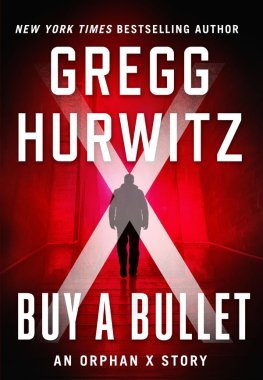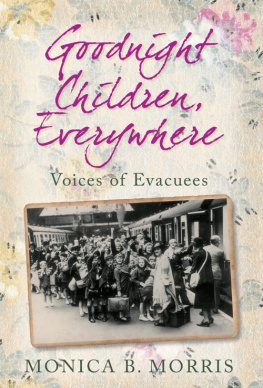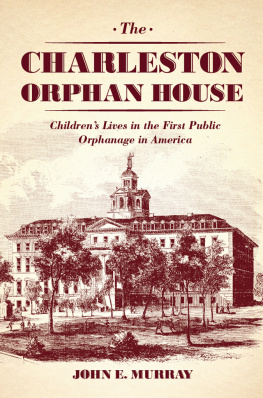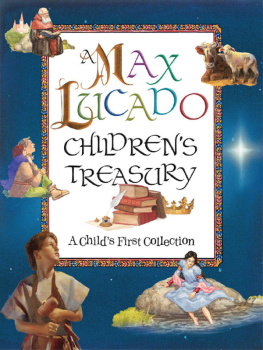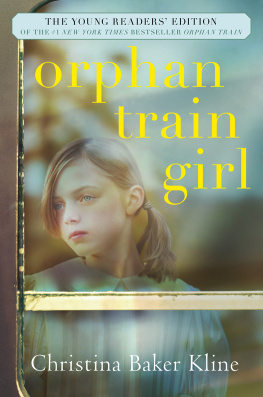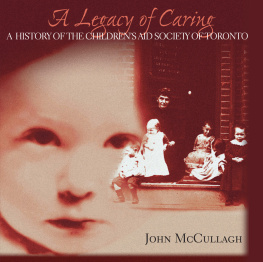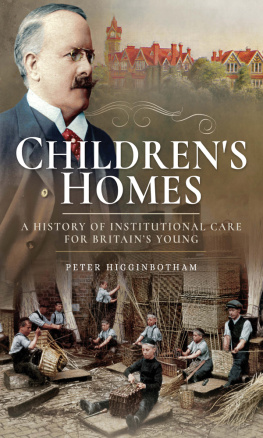Copyright 2001 by Stephen OConnor
All rights reserved
For information about permission to reproduce selections from this book, write to Permissions, Houghton Mifflin Company, 215 Park Avenue South, New York, New York 10003.
www.hmhco.com
The Library of Congress has cataloged the print edition as follows:
OConnor, Stephen.
Orphan trains : the story of Charles Loring Brace and the children he saved and failed / Stephen OConnor.
p. cm.
Includes index.
ISBN 0-395-84173-9
1. Orphan trainsHistory. 2. Brace, Charles Loring, 18261890. 3. Childrens Aid Society (New York, N.Y.)History. I. Title.
HV 985 . O 36 2001
362.73 4 0973dc21 00-053881
All illustrations courtesy of the Childrens Aid Society
e ISBN 978-0-547-52370-5
v2.1014
Acknowledgments
This book could never have been written without the help of many people. First and foremost is Janet Graham, codirector of the PBS documentary The Orphan Trains, who so generously passed on her topic to me, shared her insights and copious research materials, and arranged for me to be granted access to the archives of the Childrens Aid Society. Her moving and intelligent film was an inspiration and touchstone throughout my research and writing.
I also want to thank Robert Dykstra for his advice and encouragement and for the hours of work he put into saving me from my own ignorance; and Nesta King for her generosity and intelligence. What mistakes remain in this book are entirely my own.
This book also could not have come into existence without the wisdom, trust, and kindness of many people at the Childrens Aid Society: Phil Coltoff, T. Jewett, Anne McCabe, Michael Wagner, Lydia King, and Lisa Glazer. I particularly want to thank Victor Remmer, a former CAS director and its present archivist, for helping me find my way around the dusty filing cabinets and weighty tomes that he watches over on East Forty-fifth Street, and for sharing his hard-earned insights, both as a longtime worker in the trenches of child welfare and as a historian of the CAS.
I owe an immense debt of gratitude to all the former orphan train riders who spoke so candidly and movingly with me about their experiences: Alice Bullis Ayler, Marguerite Thomson, Arthur Smith, Howard Hurd, Anne Harrison, and Harold Williams. Thanks also to Mary Ellen Johnson, the founder of the Orphan Train Heritage Society of America, for her hospitality and advice, and for having had the compassion and courage to help so many people.
For doing so much to help me understand the true nature of foster care now and in the past, I want to thank Keith Hefner and Al Desetta at Foster Care Youth United, and Baudilio Lozado, Donald Stroman, Matthew Dedewo, Yamina McDonald, and Diana Moreno, who endured my interrogations so patiently.
Many other people gave me invaluable aid in understanding the complexities of child welfare now and in the past. They include: Marcia Robinson Lowry of Childrens Rights; Bruce Henry, Maxine Shoulders, and Ximena Rua-Merkin of Covenant House; Verna Eggleston and Joyce Hunter of the Hetrick Martin Institute; Philip Genty of Columbia University Law School; Liz Squires of the Administration for Childrens Services; and Ellen Schutz, Mary Jane Sclafani, Jill Hayes, Fred Magovern, Hank Orenstein, John Courtney, Edith Holtzer, LynNell Hancock, Janis Ruden, Steve Shapiro, and Christina Lem.
I also want to thank the American Antiquarian Society, the Virginia Center for the Creative Arts, and the MacDowell Colony for doing so much to make me a wiser, saner, and better writer.
My thanks also to Kathy Newman, Paul Attewell, Rob Cohen, and Claudia Cooper for their good food and conversation, and comfortable beds, during my Worcester sojourns; Wendy Holt and Janet Silver for all their patience and invaluable help with the manuscript; Steve Fraser for getting me off to such a good start; Kim Witherspoon for her years of faith and friendship; and Lyda Schuster for all of her help on two books.
And finally, I want to thank Simon and Emma for putting up with so many bouts of half-orphanhood during the years I worked on this book; and Helen, for everything, always.
Theres a great work wants doing in this our generation, Charleylets off jacket and go about it.
Frederick Law Olmsted
Prologue
Working for Human Happiness
ON THE MORNING of October 1, 1854, forty-five children sat on the front benches of a meetinghouse in Dowagiac, Michigan. Most were between ten and twelve years old, though at least one was six and a few were young teenagers. During the week the meetinghouse served as a school, but on that day, a Sunday, it was a Presbyterian church, and more than usually crowded, not only because the children had taken so many seats, but because the regular parishioners had been augmented by less devout neighbors curious to see the orphans.
For the last couple of weeks notices had been running in the newspapers, and bills had been posted at the general store, the tavern, and the railroad station asking families to take in homeless boys and girls from New York City. The children had arrived on the train from Detroit at three that morning and had huddled together on the station platform until sunup. They had spent the previous night on a steamer crossing Lake Erie from Buffalo, New York, and not a one of them had avoided being soiled by seasicknesstheir own or their fellow passengersor by the excreta of the animals traveling on the deck above. The night before, they had slept on the floor of an absolutely dark freight car, amid a crowd of German and Irish immigrants heading west from Albany. During their first night out from New York City, on a riverboat traveling up the Hudson, they had slept in proper berths, with blankets and mattressesbut only because the boats captain, after hearing the tales they told of their lives, had taken pity on them.
The childrens days of hard travel were clearly evident in their pallor and the subtle deflation of their features. Their clotheswhich had been new when they left New Yorkwere stained and ripped and emitted a distinct animal rankness. Their expressions were wary, as if they had been caught doing something wrong and were wondering whether they were going to be punished. In some of the younger children this wariness verged on fear, but most of the older boys and girls had known too much disappointment and loneliness to be afraid of what was about to happen to them, or at least to reveal that fear, even to themselves. Some of them cast glanceschallenging, or ingratiatingback at the men and women seated behind them; some looked down at their shoes, while others stared straight ahead at the young man beside the altar, whose enthusiasm, accent, and fluid gestures marked him as a city preacher. His name was E. P. Smith, and he was telling the audience about the organization he represented: the Childrens Aid Society, which had been founded only one and a half years earlier by a young minister named Charles Loring Brace.
or close to 1 percent of the citys total populationlived on the streets and had no place to sleep but in alleys and abandoned buildings or under stairways. At first the authorities had dealt with these vagrant children mainly by incarcerating them in adult prisons and almshouses, and then, beginning in the 1820s, by building juvenile prisons and asylums, which were barely less harsh or punitive.
Brace believed that most of these children were not criminals but victims of miserable economic and social conditions. Incarceration did nothing but harden them in the ways of crime. What they really needed, he maintained, was education, jobs, and good homesand in March 1853 he established an organization to provide them with just such benefits.


